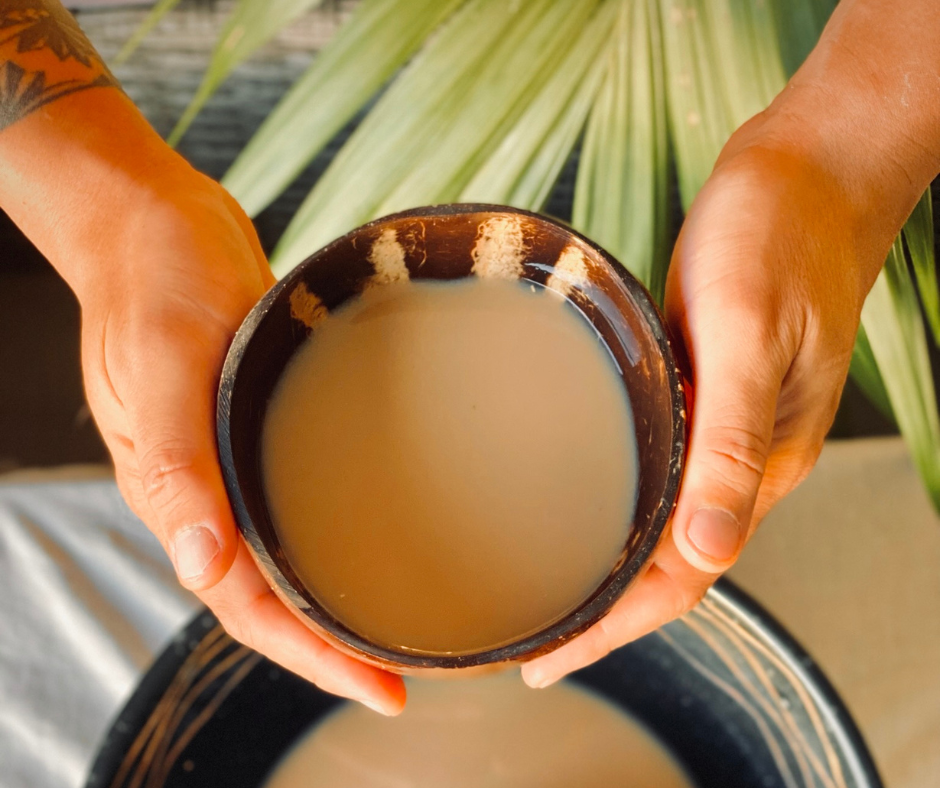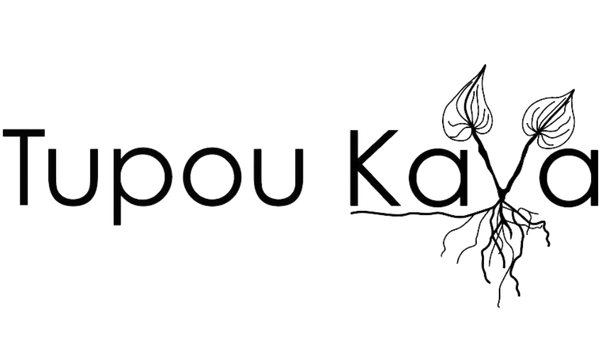
Is Kava Legal in Australia? A Complete Guide by The Tupou Kava Company
Share
Kava was relatively unheard of in Australia just a few years ago unless you were lucky enough to have Islander heritage. However, interest in this much loved medicinal plant is now growing rapidly. If you, like many other Aussies, are curious about kava and wondering whether it’s legal in Australia, you've come to the right place.
The short answer is yes, kava is legal in Australia, but there are some important regulations you need to be aware of. In this guide, we’ll break down the legal status of kava, cover how the laws have changed over time, and tell you what you need to know if you want to buy or consume kava in Australia.

What Is Kava and Why Is It Important?
Before we dive into the legal aspects, let’s talk about what kava actually is and why it holds such a special place in Pacific Island culture.
Kava is made from the root of the Piper methysticum plant (a plant traditionally grown in the Pacific Islands). The root is ground into a fine powder and mixed with water to create a beverage known for its calming and relaxing effects. Many describe kava as a natural stress reliever, offering relaxation without impairing mental clarity.

For Pacific Island communities, kava is much more than a drink though — for centuries kava has been a symbol of tradition, respect, and unity. Whether consumed during ceremonies, social gatherings, or as an alternative to alcohol, kava plays an essential role in the cultures of Tonga, Fiji, Vanuatu, and Samoa.
For more information about the history and background of Kava in Tonga read our blog post: History and Background of Kava in Tonga

A Brief History of Kava in Australia
Kava has had an interesting history in Australia in terms of legalities. Initially, kava was widely available in Australia with minimal restrictions. However, in 2007, the Australian government banned the commercial importation of kava, citing concerns over health risks, particularly in Indigenous communities in the Northern Territory. Excessive kava consumption suggested overall poor health outcomes, plus some studies also linked high kava consumption to liver toxicity, leading to bans in several European countries.
However, critics argued that these concerns were based on limited or inconclusive research, and many Pacific Islander groups and health professionals pointed out that moderate kava consumption had little to no harmful effects compared to alcohol or other substances.
Recognising kava’s cultural and economic importance, the Australian government re-evaluated the ban, leading to the launch of the 2022 Kava Pilot Program.

The 2022 Kava Pilot Program: A Turning Point
The Kava Pilot Program, introduced in 2022, allowed for the regulated commercial importation of kava while ensuring strict safety and quality standards.
Under this program:
- Individuals can bring up to 4kg of kava for personal use when traveling to Australia.
- Licensed businesses can import kava for commercial sale, provided they comply with strict regulations on labelling, quality control, and distribution.
This was a significant step forward for Pacific Islanders in Australia, allowing kava to be enjoyed once again culturally and legally, while addressing previous concerns about misuse.

The Legal Status of Kava in Australia (2025)
As of 2025, kava remains legal in Australia under the conditions established by the Kava Pilot Program. However, regulations are subject to government reviews and could change based on health studies and public feedback.
If you plan to buy or sell kava in Australia, it’s essential to stay updated on current laws to ensure compliance with all regulations.

Why Buying Kava from Reputable Sellers Matters
With kava now legally available in Australia, more stores and businesses are selling it. However, not all kava is created equal. It’s crucial to buy from reputable sellers to ensure safety, quality, and compliance with Australian laws.
Here’s why choosing a trusted kava supplier is important:
- Legal Compliance – Reputable sellers follow Australian import regulations, ensuring their kava is legally sourced and approved for sale.
- High-Quality and Pure Kava – Trusted suppliers provide 100% Noble Kava, free from contaminants, adulterants, or low-quality ingredients.
- Health and Safety – Proper processing and storage minimise risks of mould, bacterial contamination, or poor drying techniques that could affect the kava’s safety and effectiveness.
- Ethical Sourcing – Supporting ethical suppliers ensures fair trade practices and benefits Pacific Island farmers and communities.
The Future of Kava in Australia
The reintroduction of kava under the Kava Pilot Program was a positive step for Pacific Island communities, businesses, and kava enthusiasts. However, the future of kava regulations in Australia will depend on:
- Ongoing government assessments
- New health research
- Public opinion and advocacy efforts
Pacific Island advocacy groups continue to push for fair and reasonable policies that recognise kava’s cultural significance while promoting responsible consumption.
If you’re passionate about kava, staying informed and supporting businesses like The Tupou Kava Company can help shape its future in Australia.

Final Thoughts: Is Kava Legal in Australia?
Yes! Kava is legal in Australia, but it must be imported and sold according to government regulations.
At Tupou Kava, we’re proud to provide premium-quality kava while following Australian laws and Tongan cultural traditions. We believe in safe and responsible kava consumption and support ongoing efforts to keep kava legally and ethically available.
If you have any questions about kava in Australia, feel free to contact us. Let’s continue to celebrate and share the Pacific kava tradition!

Looking for high-quality kava in Australia?
Check out our 100% organic Tongan Noble Kava grown on our family plantation in Vava’u island, using the traditional methods of our ancestors.

Rooted in sustainability, quality, and community engagement, Tupou Kava's values guide every aspect of our business and honours the rich traditions of Tonga and the South Pacific whilst ensuring safety, quality and Australian regulatory compliance.


Written by: Katalina Barton, co-founder The Tupou Kava Company
